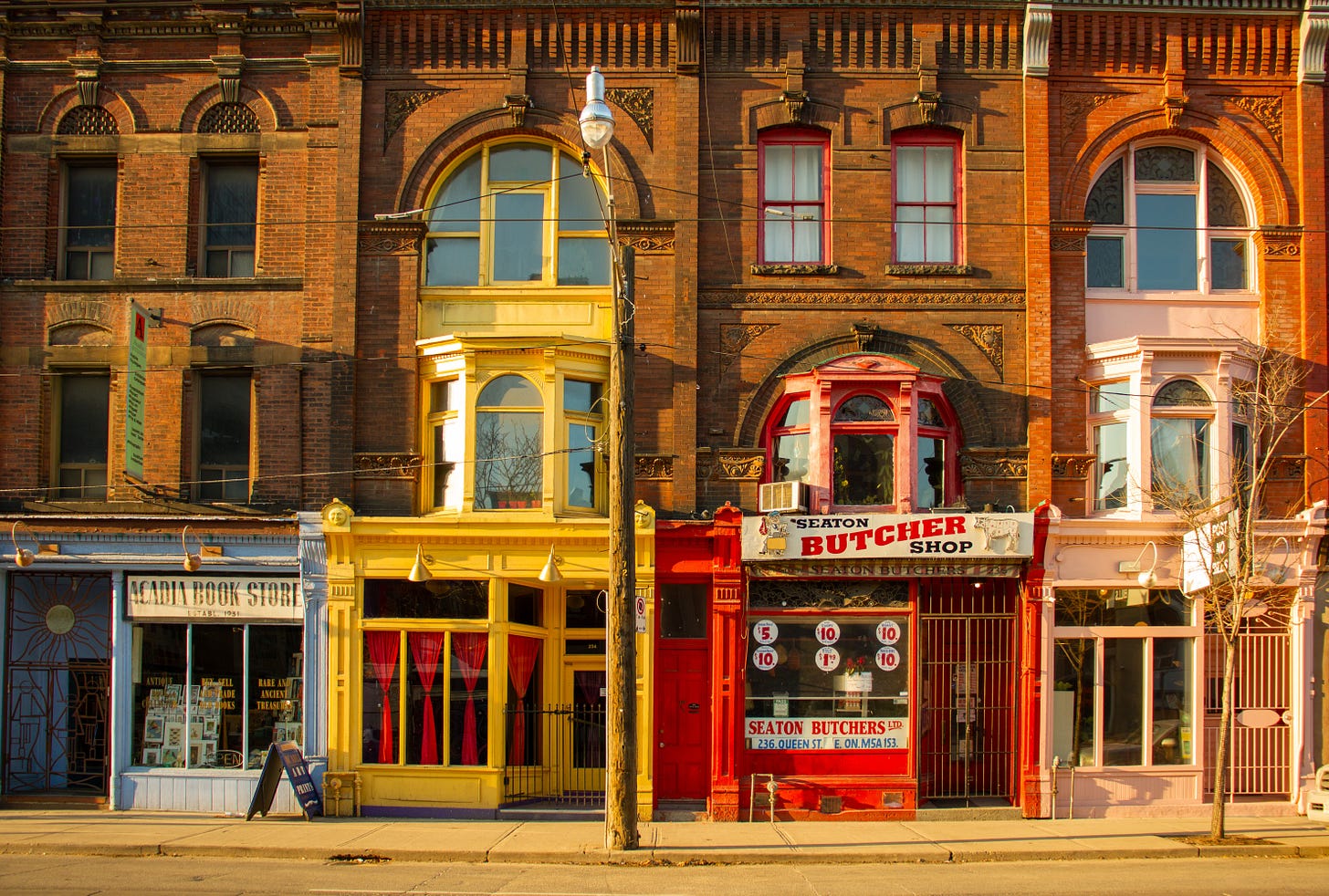Why do we build so slow?
No essay this week
Unfortunately I don’t have an essay to share this week. I started one on the idea of “Promoting the Worthy” (尚賢 shangxian) in the Mozi and how it can act as a cure for group think. The Mozi is an incredible and deeply under-appreciated piece of philosophy and I’m really excited about it. But, it’s not in a state that is ready to share and I want to make sure it’s high quality.

Links
The Five-Year Engineering Feat Germany Pulled Off in Months
A really inspiring article from the Wall Street Journal. Teams in Germany have been working non-stop: accelerating permits, solving complex technical issues and promoting collaboration across dozens of organisations to try and complete new LNG terminals. The hope is that once these are brought online they will help lessen the damage from reduced Russian gas imports that began following the invasion of Ukraine. The port mentioned in the article at Wilhelmshaven is still on track to be completed before Christmas. It’s a bit of a miracle.
From another angle though it’s odd that this is so impressive. I can’t find the original now, but there was a Hacker News comment that captured the sentiment well: ‘The fact that Germany completed this in such time should not be surprising. What should be surprising is that economies like Germany that are, at least theoretically, richer and more materially capable than any other societies in human history are not regularly building things like this.’
There is clear evidence that something has gone wrong. Patrick Collison has collected many examples of speed in previous eras that would be unimaginable today. The CN Tower, still the tallest structure in the Western hemisphere 46 years after its opening, was built in a mere 26 months. The St. Lawrence Seaway that allows for navigation between the open ocean and the entirety of the great lakes was completed in 4 years. Today, a mostly above ground crosstown rail project in Toronto on a single street has taken 12 years and counting to complete.
Clearly, when the threat of real deprivation is looming and we are facing barbarians at the gate our societies are still able to build in the way they once could. We should be more concerned with why this isn’t always the case.
Notes on an Unfinished Conversion
Some of the most interesting religious writing takes the form of spiritual autobiography. You can think of examples like Augustine’s Confessions, Tolstoy’s singular work of the same name or Man’s Search For Meaning by Viktor Frankl.
The autobiographical setting provides a powerful vehicle for bringing these thinkers ideas to life. Religious truths are interdependent things. It would be inaccurate to try and parse them as simply logical formulas, scientific facts, or even historical narratives. They contain something from all of these areas.
This essay is a good example of the genre. I would guess it tracks to the experience of a surprisingly large number of people today that have struggled to navigate the pre-modern, modern, post-modern developments. As the title suggest, it is an unfinished work. I am interested to see where it goes.
